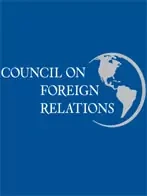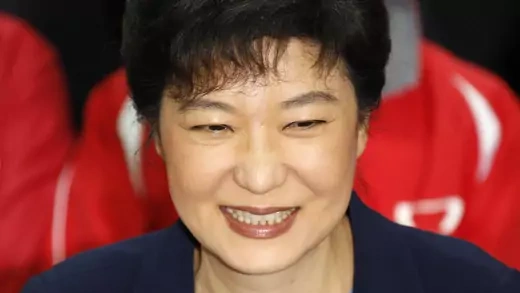- RealEcon
- Israel-Hamas
-
Topics
FeaturedInternational efforts, such as the Paris Agreement, aim to reduce greenhouse gas emissions. But experts say countries aren’t doing enough to limit dangerous global warming.
-
Regions
FeaturedIntroduction Throughout its decades of independence, Myanmar has struggled with military rule, civil war, poor governance, and widespread poverty. A military coup in February 2021 dashed hopes for…
Backgrounder by Lindsay Maizland January 31, 2022
-
Explainers
FeaturedDuring the 2020 presidential campaign, Joe Biden promised that his administration would make a “historic effort” to reduce long-running racial inequities in health. Tobacco use—the leading cause of p…
Interactive by Olivia Angelino, Thomas J. Bollyky, Elle Ruggiero and Isabella Turilli February 1, 2023 Global Health Program
-
Research & Analysis
FeaturedFollowing a long series of catastrophic misadventures in the Middle East over the last two decades, the American foreign policy community has tried to understand what went wrong. After weighing the e…
Book by Steven A. Cook June 3, 2024
-
Communities
Featured
Webinar with Carolyn Kissane and Irina A. Faskianos April 12, 2023
-
Events
FeaturedJohn Kerry discusses his work as U.S. special presidential envoy for climate, the challenges the United States faces, and the Biden administration’s priorities as it continues to address climate chan…
Virtual Event with John F. Kerry and Michael Froman March 1, 2024
- Related Sites
- More
October 7, 1999
TradeOverview In the 1970s and 1980s, there was a tremendous sea-change in development policy thinking, among both academic economists and policymakers. The inward-oriented, import-substitution strateg…

September 8, 2022
HaitiImplementing the Global Fragility Act in Haiti necessitates a change in U.S. assumptions and actions, writes Susan D. Page. The United States should work alongside Haitians desirous of charting their…

June 6, 2013
Europe and EurasiaBottom Line: Eurozone countries that need to ease fiscal policy cannot afford to take on more debt, while those that have the capacity to stimulate their economies do not want to. Advocates of aus…
May 2, 2012
South KoreaThe ruling Saenuri Party won a surprise majority in South Korea's National Assembly elections last month. This victory went against all expectations. Prior to the election, experts unanimously predic…

April 13, 2016
G20 (Group of Twenty)Steven A. Tananbaum Senior Fellow for International Economics Robert Kahn argues that the case for strong and effective Group of Twenty (G20) leadership is as compelling as ever. But if the G20 is to be as effective in noncrisis times as it was in 2008–2009, it needs stronger Chinese leadership, working informally yet closely with the United States—a Group of Two (G2) within the G20. Debt policy is one area where China and the United States should cooperate this year.
 Online Store
Online Store
